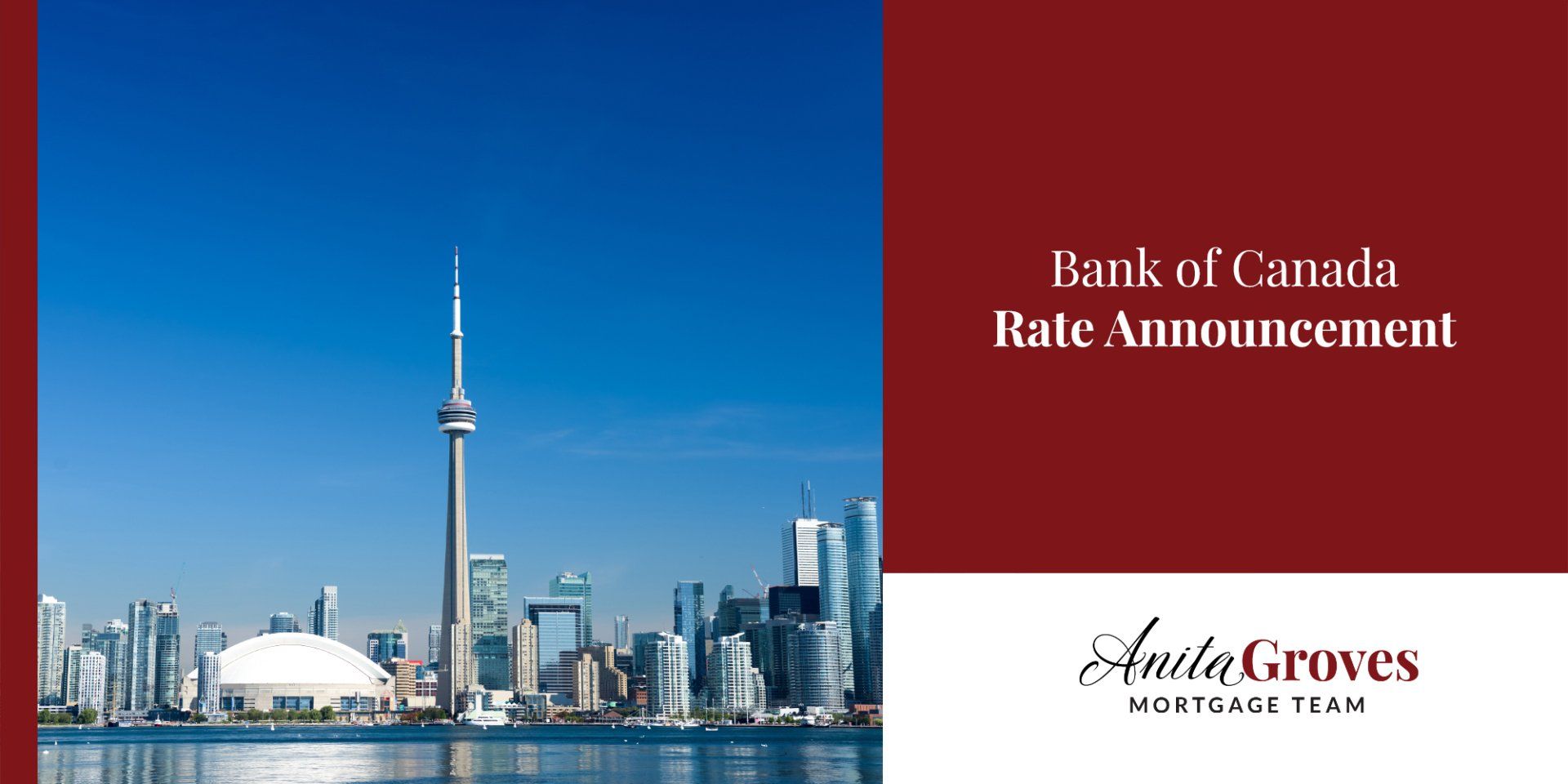Bank of Canada Rate Announcement Mar 2nd, 2022
Bank of Canada increases policy interest rate.
FOR IMMEDIATE RELEASE
March 2, 2022
The Bank of Canada today increased its target for the overnight rate to ½ %, with the Bank Rate at ¾ % and the deposit rate at ½ %. The Bank is continuing its reinvestment phase, keeping its overall holdings of Government of Canada bonds on its balance sheet roughly constant until such time as it becomes appropriate to allow the size of its balance sheet to decline.
The unprovoked invasion of Ukraine by Russia is a major new source of uncertainty. Prices for oil and other commodities have risen sharply. This will add to inflation around the world, and negative impacts on confidence and new supply disruptions could weigh on global growth. Financial market volatility has increased. The situation remains fluid and we are following events closely.
Global economic data has come in broadly in line with projections in the Bank’s January Monetary Policy Report (MPR). Economies are emerging from the impact of the Omicron variant of COVID-19 more quickly than expected, although the virus continues to circulate and the possibility of new variants remains a concern. Demand is robust, particularly in the United States. Global supply bottlenecks remain challenging, although there are indications that some constraints have eased.
Economic growth in Canada was very strong in the fourth quarter of last year at 6.7%. This is stronger than the Bank’s projection and confirms its view that economic slack has been absorbed. Both exports and imports have picked up, consistent with solid global demand. In January, the recovery in Canada’s labour market suffered a setback due to the Omicron variant, with temporary layoffs in service sectors and elevated employee absenteeism. However, the rebound from Omicron now appears to be well in train: household spending is proving resilient and should strengthen further with the lifting of public health restrictions. Housing market activity is more elevated, adding further pressure to house prices. Overall, first-quarter growth is now looking more solid than previously projected.
CPI inflation is currently at 5.1%, as expected in January, and remains well above the Bank’s target range. Price increases have become more pervasive, and measures of core inflation have all risen. Poor harvests and higher transportation costs have pushed up food prices. The invasion of Ukraine is putting further upward pressure on prices for both energy and food-related commodities. All told, inflation is now expected to be higher in the near term than projected in January. Persistently elevated inflation is increasing the risk that longer-run inflation expectations could drift upwards. The Bank will use its monetary policy tools to return inflation to the 2% target and keep inflation expectations well-anchored.
The policy rate is the Bank’s primary monetary policy instrument. As the economy continues to expand and inflation pressures remain elevated, the Governing Council expects interest rates will need to rise further. The Governing Council will also be considering when to end the reinvestment phase and allow its holdings of Government of Canada bonds to begin to shrink. The resulting quantitative tightening (QT) would complement increases in the policy interest rate. The timing and pace of further increases in the policy rate, and the start of QT, will be guided by the Bank’s ongoing assessment of the economy and its commitment to achieving the 2% inflation target.
Information note
The next scheduled date for announcing the overnight rate target is April 13, 2022. The Bank will publish its next full outlook for the economy and inflation, including risks to the projection, in the MPR at the same time.
Recent Posts


CONTACT
Phone or Text:
TF Phone or Fax:
Assured Mortgage Services
Head Office:
4040 Steeles Ave West
Suite 208
Vaughan, ON L4L 4Y5
Phone:
416-934-8555
MORE
Anita Groves Assured Mortgage Services. All Rights Reserved




